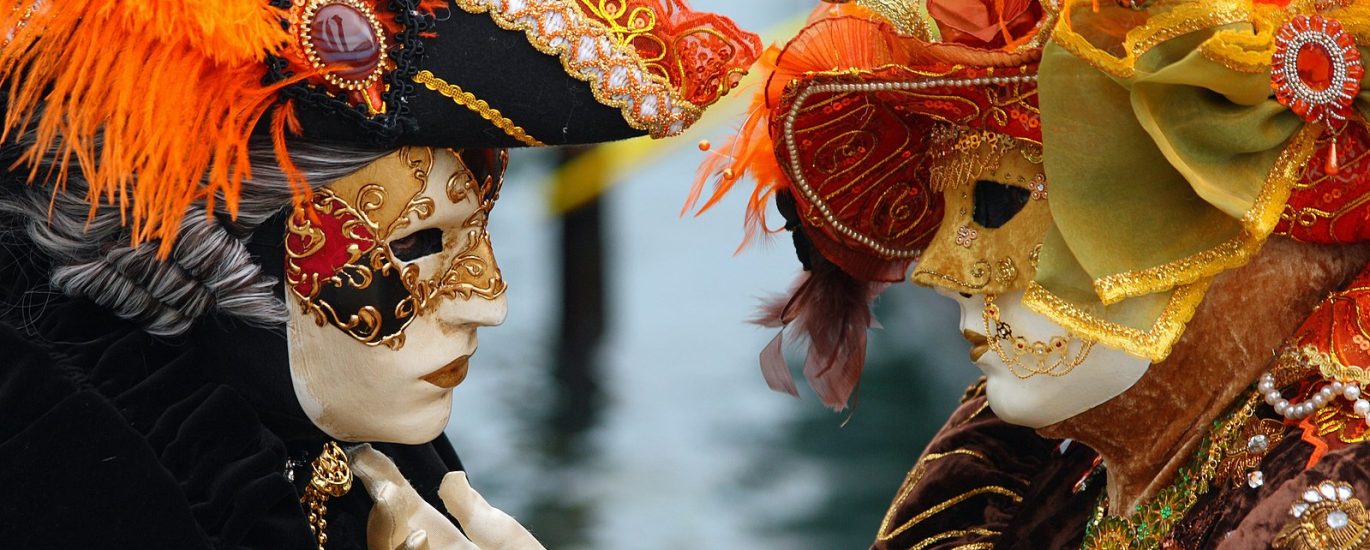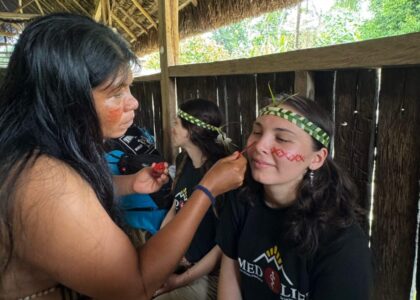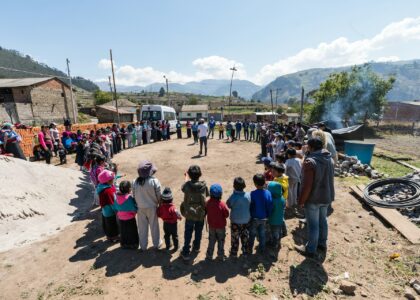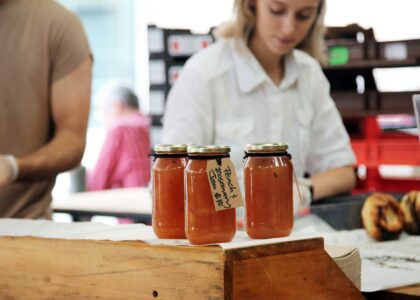Europe is a continent rich in history and culture, full of learning potential for high school students. Every country here has unique stories, traditions, and ways of celebrating. These stories and traditions often come alive during festivals. In places like Italy, Germany, France, and Spain, festivals are not just events – they are a deep expression of the people and their history. Attending these festivals can be an exciting way for high school students to connect directly with European culture. By experiencing these events, students can see and feel the spirit of each place and understand what makes it special.
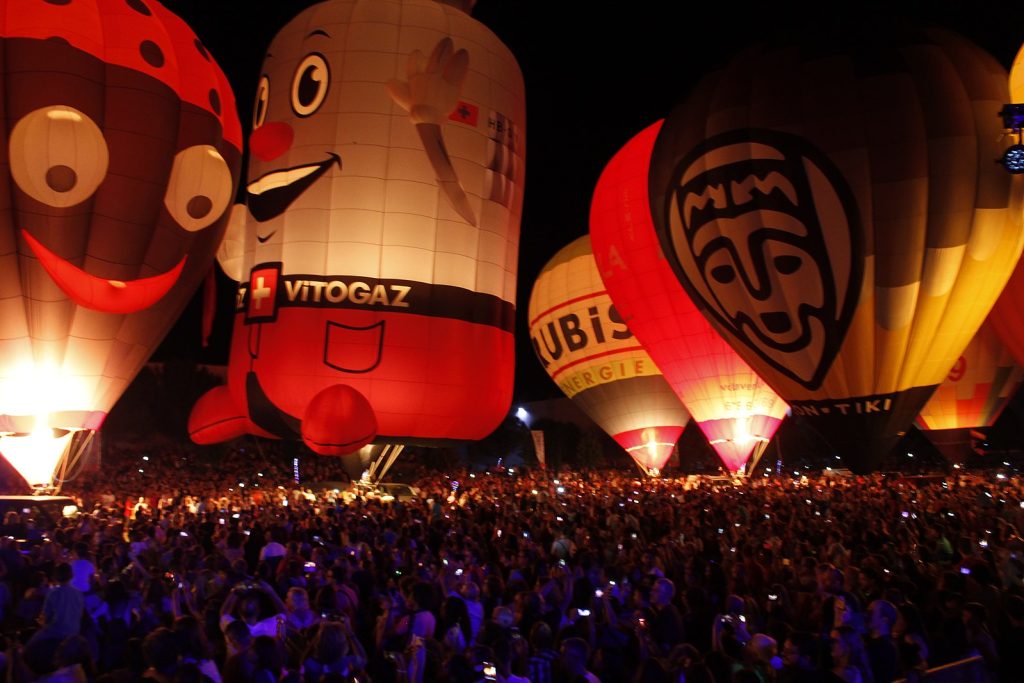
The Educational Power of Festivals
Festivals are more than just fun events. They are windows into the heart of a culture. When people celebrate, they share stories, customs, and values that have shaped them for generations. For high school students, attending a festival is like stepping into a living classroom. They can see history come to life as traditions are performed, and stories are retold. It’s not just about watching; it’s about participating and connecting. By being part of these celebrations, students can learn to appreciate the similarities and differences between cultures. They get to see the world from a new perspective and develop empathy for others. In a world that’s becoming more connected, understanding and respecting different cultures is a vital skill. Festivals offer a firsthand experience, making learning both memorable and meaningful for everyone involved.
Must-See Festivals For High School Students in Europe
Europe’s rich history and diverse cultures come alive in its festivals. Each event tells a story of traditions and passions. From Spain’s lively streets to France’s romantic corners, these festivals offer a deep dive into local experiences. Let’s explore some of the top festivals that blend fun with cultural learning.
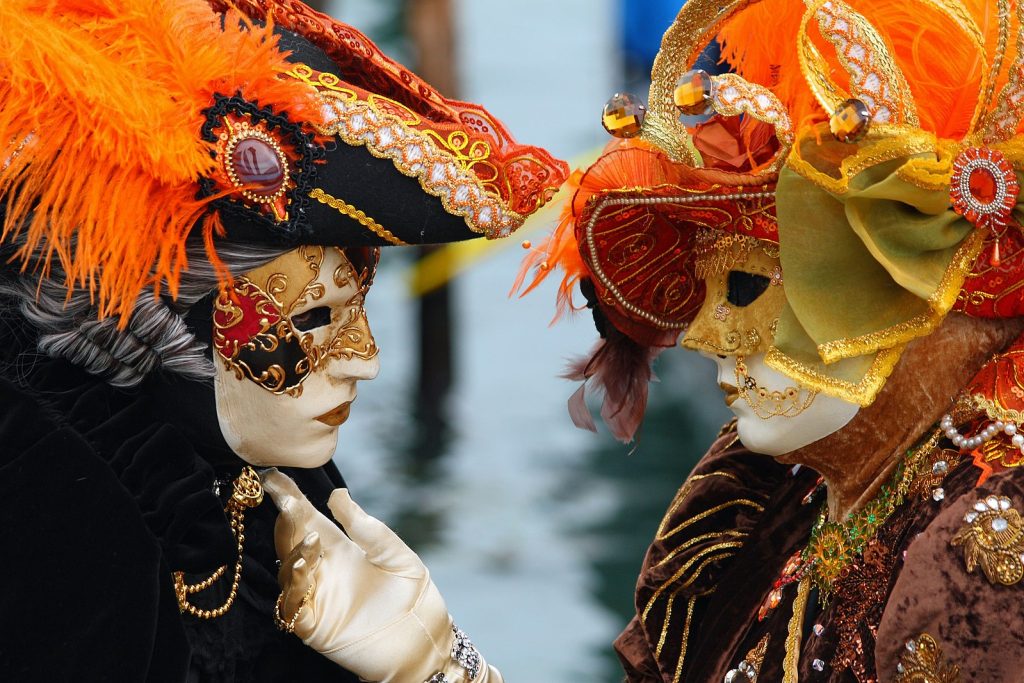
Festivals in Italy
Italy offers festivals that are more than just celebrations; they are living lessons in history, art, and tradition. Take the Venice Carnival, for instance. It isn’t just about the ornate masks; it reflects the Renaissance era, emphasizing Venice’s deep-rooted artistic legacy. The Battle of the Oranges in Ivrea isn’t merely a spectacle but signifies the town’s resistance against tyrants in the Middle Ages. And Siena’s Palio horse race goes beyond the competition, presenting a mosaic of Siena’s medieval neighborhood rivalries and allegiances. For students, these festivals aren’t just events but windows into Italy’s past, providing an immersive way to understand the nation’s intricate blend of history and celebration.
Festivals in Germany
Germany’s festivals offer students a chance to step back in time, giving insights into its history and age-old traditions. Oktoberfest in Munich isn’t just about large beer steins and lively music; it’s a celebration rooted in the wedding festivities of Prince Ludwig in 1810, and today, it showcases Bavarian culture in all its glory. The Karneval in Rhineland takes jesters, parades, and costumes to the streets, marking the beginning of Lent and teaching students about Germany’s deep Christian traditions. Meanwhile, the Christmas Markets, especially the Christkindlesmarkt in Nuremberg, offer an enchanting view into Germany’s festive spirit, with stalls that have been a tradition since the 16th century. These events allow students to dive deep into Germany’s cultural layers, experiencing firsthand the traditions that have been celebrated for centuries.

Festivals in France
France is not just about the Eiffel Tower and croissants; its festivals are a gateway to its vibrant culture and history. The Cannes Film Festival, for example, isn’t just a gathering of celebrities. Since 1946, it’s been a beacon for cinematic art, showcasing global talents and underlining France’s deep connection to filmmaking. Then there’s Bastille Day, celebrated on July 14th. It’s not just fireworks over Paris but a remembrance of the French Revolution, a pivotal moment in world history. The Fête de la Musique invites everyone to play and listen to music on the streets, reinforcing France’s legacy in the world of art. For students, attending these festivals isn’t just about fun. It’s about understanding the heartbeats of French culture and recognizing the country’s enduring influence in art, history, and global traditions.
Festivals in Spain
Spain’s festivals are a thrilling display of its rich history and diverse influences. The famous La Tomatina, held in Buñol, is more than just a tomato fight; it’s a celebration of community spirit and joy. Meanwhile, the Moors and Christians Festival in various parts of Spain is a vivid reenactment of battles between Moors (Muslims) and Christians, a nod to Spain’s medieval history. Then there’s the Seville Fair, where traditional flamenco dancers light up the night, showcasing Spain’s deep-rooted dance traditions. Each of these festivals paints a picture of Spain’s past, from its Moorish history to European influences. Students who dive into these celebrations get more than just entertainment; they experience Spain’s heart, soul, and the passionate rhythm that drives its people.
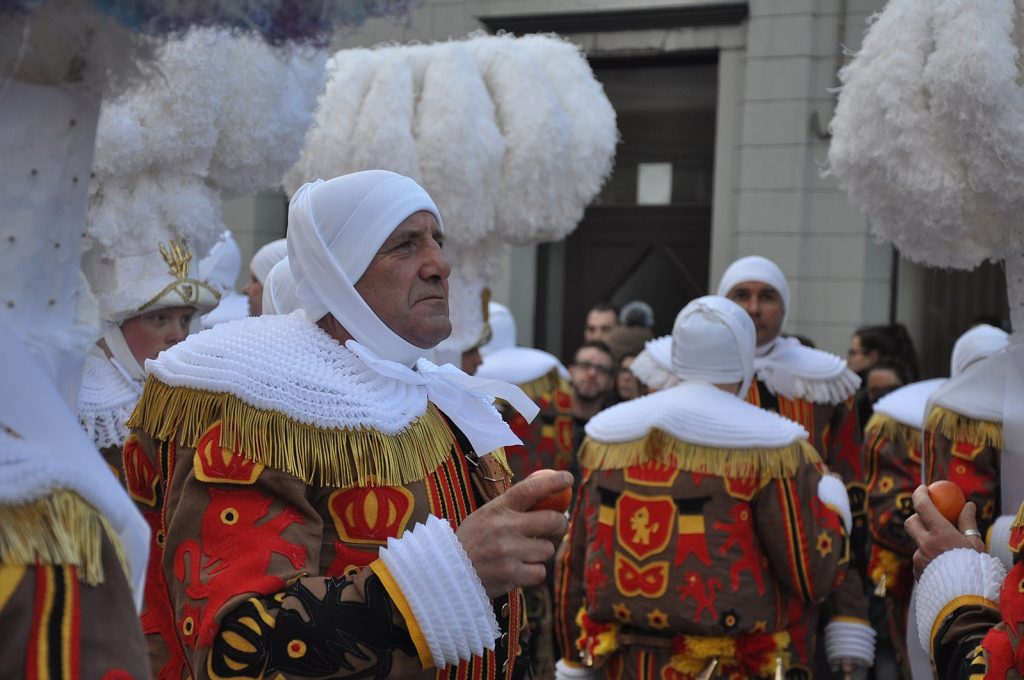
Other Important European Festivals
Beyond Italy, Germany, France, and Spain, Europe has many more festivals worth exploring. Belgium’s vibrant Carnival of Binche has its origins in approximately the 14th century and offers insights into local traditions. The Netherlands celebrates King’s Day, a nationwide fiesta honoring the monarch’s birthday, teaching visitors about Dutch royalty and national pride. Meanwhile, Greece’s Panigiri, a festival celebrating saints, ties deeply into the country’s religious roots and community spirit. Each of these events provides a unique window into the culture and history of its nation, giving students an enriched understanding of Europe’s diverse cultural landscape.
Learning Through Celebration
Festivals aren’t just fun – they’re classrooms without walls. When high school students dive into the heart of a cultural celebration, they grasp a nation’s history, traditions, and spirit in a profoundly memorable way. This kind of hands-on learning, where the world becomes the classroom, is what makes an education truly transformative.
MEDLIFE recognizes this immense potential. With Engaged Education tours that bring high school students right into the midst of Europe’s rich celebrations, we offer an unmatched opportunity to see, feel, and understand diverse cultures. These tours aren’t just trips; they’re an immersive journey into the stories of nations and the lives of those who live there.
Teachers and educators, seize this chance! Expand your curriculum beyond textbooks and book an Engaged Education tour in Europe for your students. Let your high school students learn through celebration, and watch as the world becomes a vibrant, unforgettable lesson.


